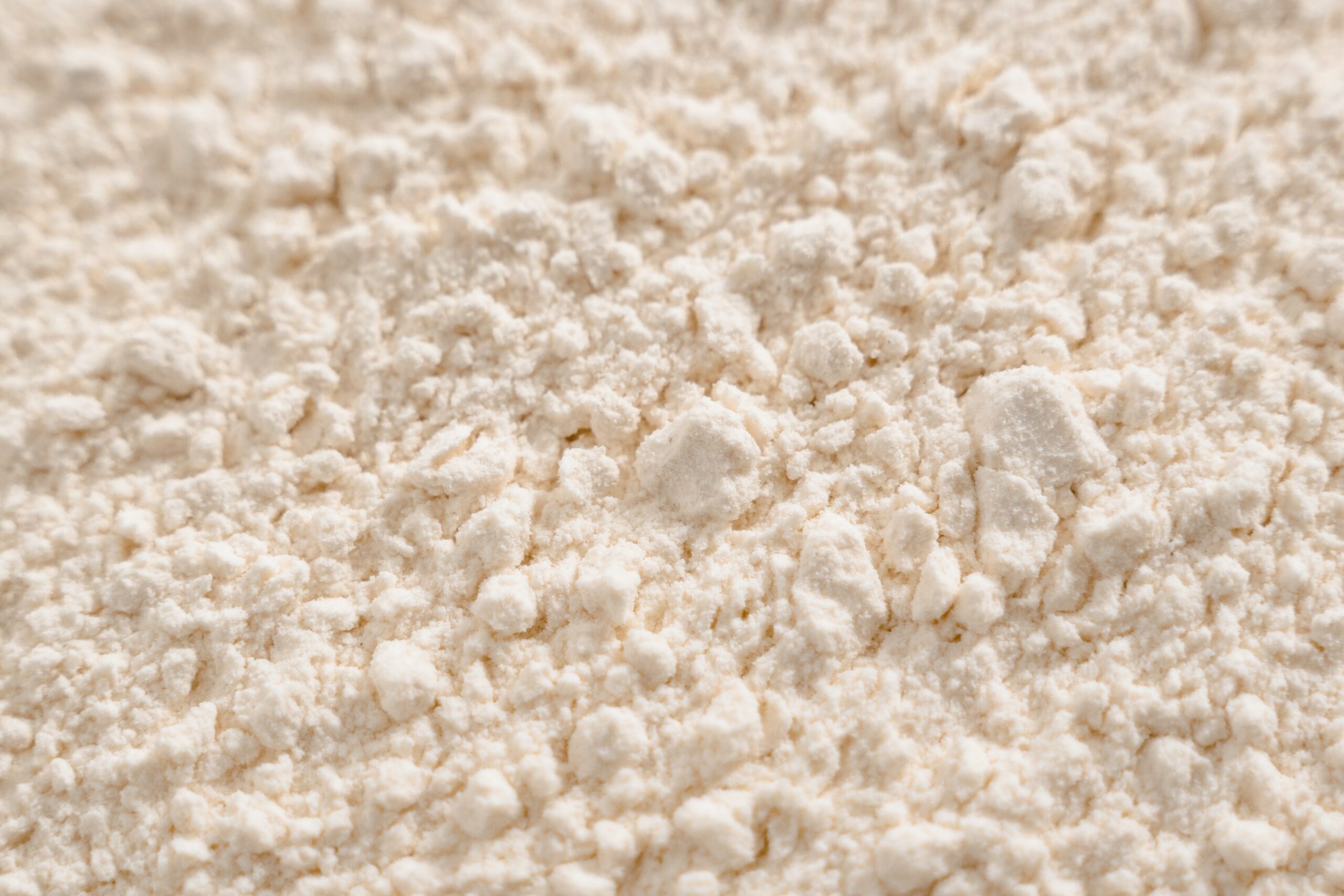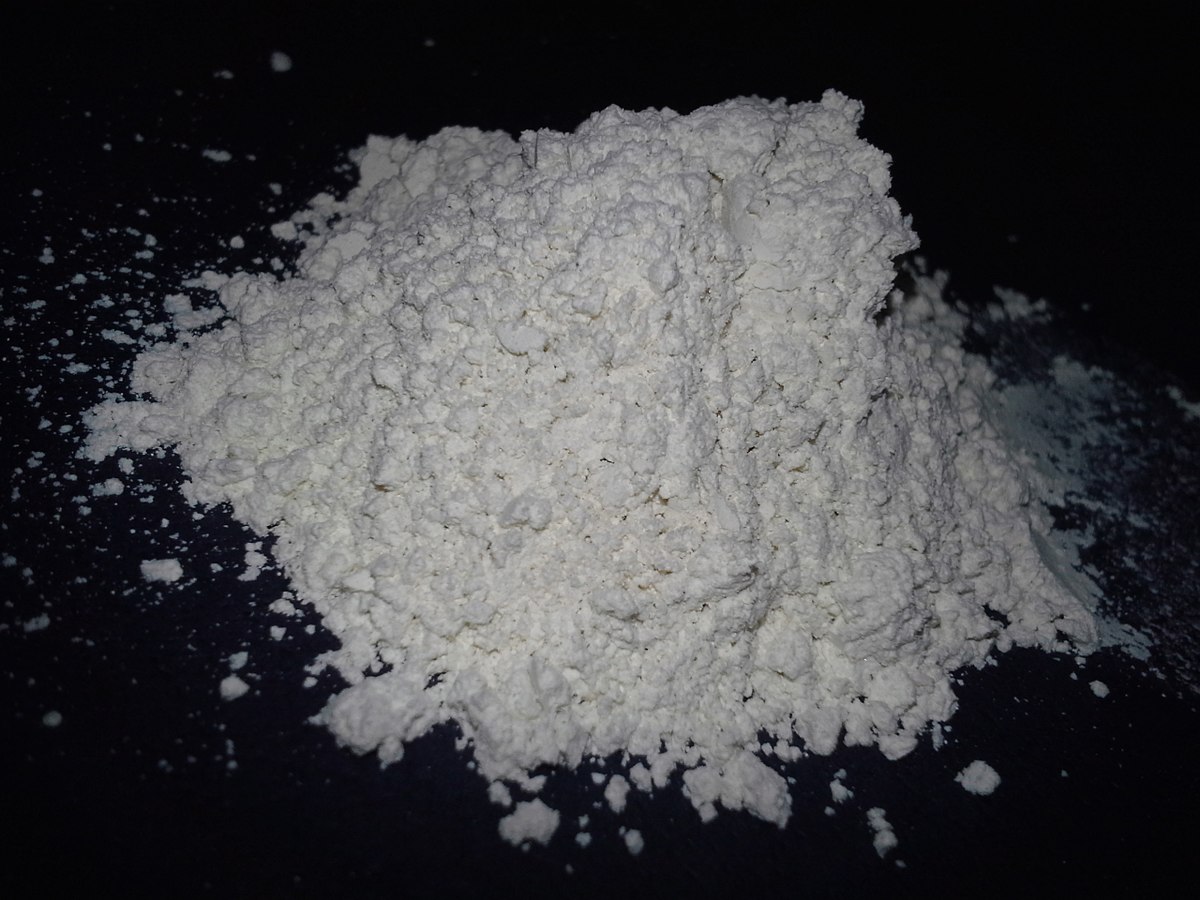Why Diatomaceous Earth Filtering Is the Preferred Choice for Many Water Systems
Why Diatomaceous Earth Filtering Is the Preferred Choice for Many Water Systems
Blog Article
Unlocking the Benefits of Diatomaceous Planet Filtering System for Clean and pure Water
The expedition of diatomaceous planet (DE) filtering system offers a compelling option for those looking for reliable and lasting water purification methods. As the demand for clean water continues to increase internationally, recognizing the complex applications and advantages of DE filters might expose important understandings for both family and commercial use.
What Is Diatomaceous Earth?
Diatomaceous earth, frequently referred to as DE, is a naturally taking place sedimentary rock made up mostly of the fossilized remains of small, aquatic microorganisms understood as diatoms. These single-celled algae are rich in silica, which is the primary component of DE. The unique structure of diatomaceous earth includes tiny, permeable fragments that give a high surface location, making it an efficient filtering tool.
DE is typically collected from old lake beds and deposits, which have accumulated over hundreds of years. It looks like a fine, white to off-white powder, and its chemical structure mostly consists of silicon dioxide, in addition to trace amounts of various minerals. This make-up is what offers DE its amazing properties.
In addition to its application in water filtration, diatomaceous planet is made use of in a selection of markets, including farming, food storage space, and bug control. Its ability to soak up moisture and its unpleasant qualities make it an important source in these fields. On the whole, diatomaceous earth stands out as an eco-friendly option for various applications because of its all-natural origin and performance in purification processes.

How Diatomaceous Planet Filtering Functions

When water passes with a diatomaceous earth filter, the fine particles are captured in the intricate network of small pores. The shapes and size of these pores are critical, as they are made to target certain contaminants while permitting tidy water to stream with. As water actions through the filter tool, the mechanical activity of the diatomaceous planet captures bigger particles, while smaller contaminants are taken in or physically obstructed.
Furthermore, the surface area provided by diatomaceous planet is comprehensive, boosting its capacity to hold impurities. This leads to a steady buildup of trapped particles, which can be regularly removed through a backwashing process. This method ensures constant filtering effectiveness and adds to the general efficiency of maintaining tidy and pure water.
Benefits Over Traditional Purification
When contrasting diatomaceous planet filtering to typical purification techniques, a number of benefits arise that improve water filtration performance. One of the primary benefits is the superior purification capacity of diatomaceous planet (DE), which can get rid of smaller fragments and impurities that traditional filters might miss. The tiny structure of DE enables it to catch contaminants, consisting of microorganisms and protozoa, leading to cleaner water.
Additionally, diatomaceous planet filters often tend to have a much longer life expectancy than conventional media, reducing the frequency of substitute and upkeep. This longevity not just lowers functional expenses yet likewise minimizes waste, adding to more sustainable techniques. DE filters likewise run at reduced stress, which can cause energy savings in large applications.
Another significant advantage is the convenience of diatomaceous earth. It can be used efficiently in various contexts, from metropolitan water treatment centers to specialized industrial applications (diatomaceous earth filtering). The natural composition of DE makes it a green option, without harmful chemicals and pollutants commonly associated with artificial filtering systems
Applications in Household and Industry
Countless applications of diatomaceous earth filtering system can be discovered in both household and commercial settings, highlighting its adaptability and performance in water filtration. In household settings, diatomaceous planet (DE) filters are frequently employed in swimming pools, effectively catching particles and bacteria, consequently keeping water quality and why not check here hygiene. Furthermore, many houses use DE in home water filtration systems, where it serves to get rid of impurities, sediment, and harmful virus, ensuring safe drinking water.
In commercial applications, diatomaceous planet filtering is integral to different markets, consisting of food and drink production, drugs, and wastewater therapy. In the food industry, DE is used in the purification of beer and white wine, facilitating the removal of yeast and other particulates while preserving the beverage's flavor account. In wastewater therapy facilities, DE filters play an essential duty in boosting water quality by capturing pollutants and promoting the recycling of water sources.
The performance of diatomaceous planet in both family and commercial applications underscores its invaluable role in advertising clean water gain access to, adding to public health, and sustaining lasting methods.

Picking the Right DE Filter
Choosing the suitable diatomaceous earth (DE) filter is important for ensuring optimal water filtration, whether for commercial or household usage. diatomaceous earth filtering. The selection of a DE filter relies on several crucial elements, consisting of the particular application, flow rate demands, and the preferred degree of filtering
First, analyze the volume of water to be filtered. For domestic use, smaller filters are sufficient, while commercial applications may require larger, high-capacity systems. Next off, think about the circulation rate; it is essential to select a filter that can deal with the called for throughput without endangering water top quality.
Furthermore, examine the filtering degree; DE filters come in different grades, influencing the elimination of particulates and contaminations. Higher-grade filters are ideal for applications requiring rigid purity levels.
Last but not least, consider the upkeep demands and the accessibility of replacement DE powder. Filters that are less complicated to preserve and have readily offered materials will certainly decrease downtime and functional prices. By meticulously considering these factors, one can pick a DE filter that fulfills details needs, ensuring the delivery of safe and clean water.
Conclusion
In recap, diatomaceous earth filtering system represents a substantial advancement in water purification modern technology, offering enhanced performance and effectiveness in capturing impurities. Accepting diatomaceous planet filtering can lead to improved public health and wellness end results Click Here and higher access to tidy water.
The exploration of diatomaceous planet (DE) filtering system offers a compelling alternative for those looking for reliable and lasting water purification approaches.When comparing diatomaceous planet filtering system to typical filtering techniques, a number of benefits emerge that improve water filtration efficiency.Various this website applications of diatomaceous planet filtering can be discovered in both household and industrial setups, highlighting its versatility and efficiency in water filtration. In domestic environments, diatomaceous earth (DE) filters are typically used in swimming pools, properly catching debris and bacteria, thereby keeping water clarity and health. In wastewater therapy centers, DE filters play an important role in enhancing water top quality by trapping pollutants and facilitating the recycling of water resources.
Report this page